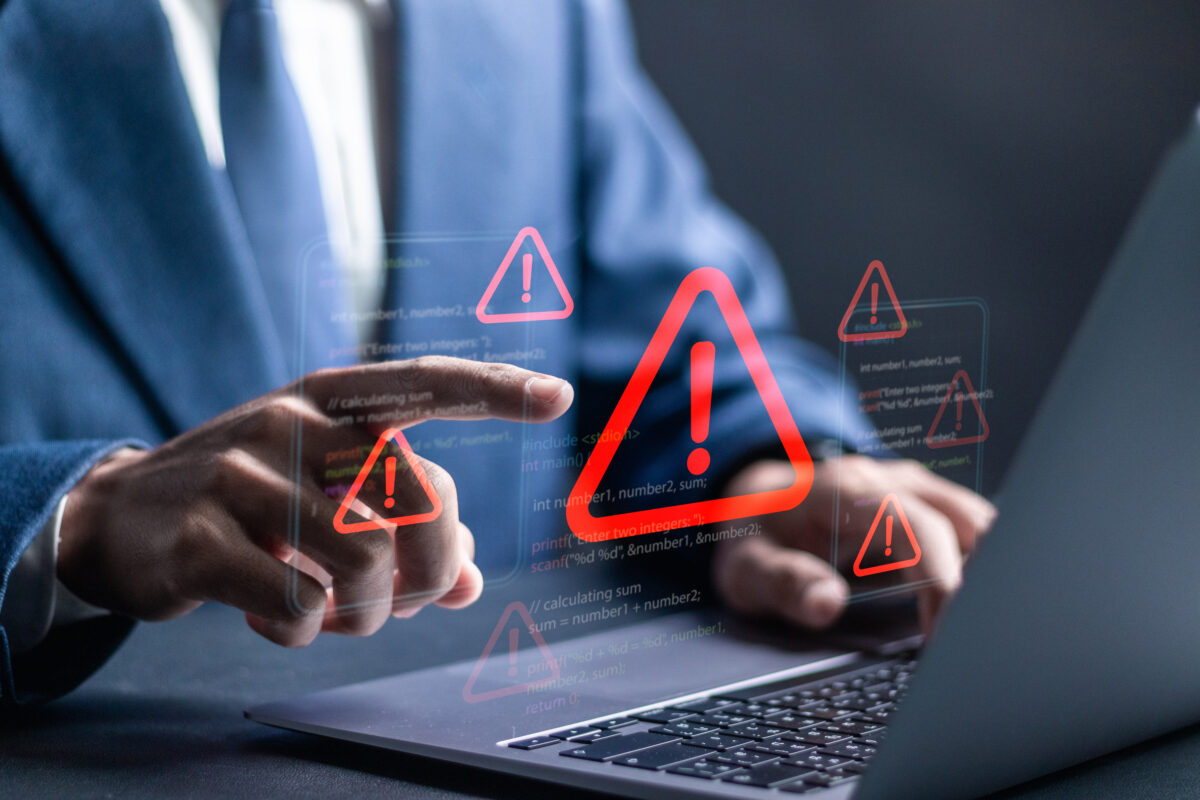2022-12-02
Permacrisis may well have been the Collins Dictionary word of the year for 2022, but it remains equally relevant in today’s uncertain times. In fact, for many organizations, handling multiple disruptions is becoming standard practice.
We take a closer look at what permacrisis means and share some lessons from over 20 years of experience, for effectively managing them
How do you ‘permasolve’ a Permacrisis?
According to Collins dictionary, we have entered a state of Permacrisis.
Permacrisis is defined as:
An extended period of instability and insecurity, especially one resulting from a series of catastrophic events.
Still sounds very relevant right? Over the past year we have seen an increase in the number of people living through a period of war, inflation, and political instability. How did we arrive at a point where ‘Permacrisis’ has become emblematic of the world today?
You could summarise it as a lack of resilience in infrastructure and systems of control, a mismanagement of a series of crises and, ultimately, the newly uncovered fragility of what were once considered infallible systems of checks and balances.
Incident & Crisis Response
Discover how you can build your risk, business continuity and crisis management capability with our expert services. Learn more about what 4C Strategies can offer your incident and crisis response.
What does this mean?
When the cultural zeitgeist is so clearly defined by reaction to crises and instability, some part of our response process must be lacking.
Rather than lament the state of things, though, we must take this as a sign: A marker that our current crisis management is failing us.
If organisations are to manage and respond to a Permacrisis like we face on multiple fronts today, we have to implement forward thinking, proactive processes and controls. We must take a long-term view of resilience and build robust capabilities and futureproofed preparedness. We must address every emergency and crisis management life cycle – preparation, response and recovery – and integrate them closely with risk management and business continuity to ensure true, tangible resilience.
“A permacrisis makes the requirement for military forces to be able to track and verify their readiness in manning, equipment, support and critically training, to respond to emerging crises, all the more important.”
Graeme Mackay, Director of Sales (Military) – 4C Strategies
How do we change this?
If securing a safer future for society boils down to managing a crisis (or permacrisis), that’s achievable, but it’s important we don’r always make the same mistakes. We must learn from the past.
From extreme weather to global pandemics to the fallout of war, we have grappled with a string of concurrent global crises on an unprecedented scale, all within the space of a few years. This quickening pace of crises may well be a sign of things to come, but that doesn’t mean we have to watch on helplessly.
Get in touch
Discover how you can build your risk, business continuity and crisis management capability with our expert services. Book a free consultation with one of our consultants to discuss your requirements.
Lessons from Crisis Management best practice
So, what lessons can we leverage from our years of experience in incident and crisis management?
“Oatly needed a new crisis management model that could grow with us, and that could work throughout our organisation. Having worked with 4C Strategies before, I knew that its solid track record would make 4C a good partner for us.”
Linda Nordgren, Head of Communications – Oatly
Below are three best practices we feel could help us better respond to the recent flurry of crises:
1. Failure to prepare is preparing to fail
How many crises could be avoided, or at the very least, better managed, had proper training taken place beforehand?
When stakeholders are drilled in how to react to certain situations and have a crisis plan to refer to throughout each stage, crises can be managed with process and strategy rather than relying on reaction and emotion.
Training is a critical tool in crisis management. Ensuring we put aside sufficient resource and time to train and prepare pays dividends in the long run.
2. Communication before anything else
Poor communication compounds the effects of a crisis. We have all followed events in the news, where initial communications and advice was later contradicted as our understanding of a situation developed – think pandemic. This initial confusion limited how effective early crisis response could be.
The lesson here is to avoid jumping the gun with detailed information when it comes to communication. It’s easier to address a situation the first time around than have to go back and tell people to go against what you advised earlier. Put a premium on clarity, be succinct with key information, and communicate effectively before acting.
3. Digitalized, centralized response
When everyone involved needs to be aligned, when all information must be accurate, and when decisions need to be correct, having a single source of truth makes all the difference.
Crossed signals create more problems, so crisis management needs this kind of alignment to be effective – alignment which can only come from a holistic, end-to-end system. Each phase of crisis management – preparation, response and recovery – benefit from the support of a single platform like this.
Integrating with other third-party systems and data sources and giving all stakeholders a go-to hub for updates and information, our Exonaut® exercise platform is used by organization around the world to not only manage crises, but also efficiently design, develop, deliver and evaluate desktop exercise and full-scale real-world scenarios.








